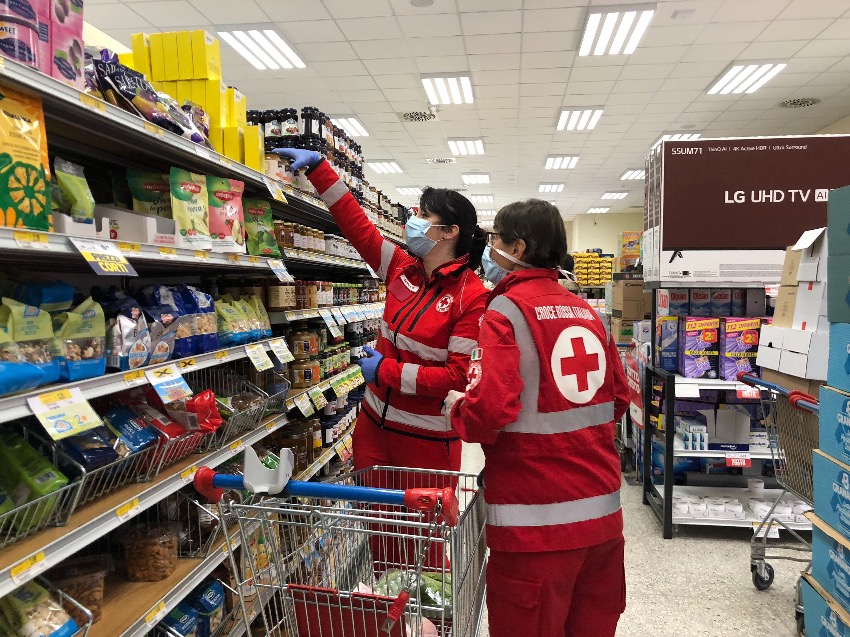Non-Profit Actors for a Thriving Social Economy
At the end of the year, the European Commission will publish its EU Action Plan for Social Economy. Driven primarily by collective interests and social and environmental objectives, it aims to outline measures and policy actions to support the social economy in the EU. Adequately acknowledging non-profit actors as an important part of the social economy will be crucial, as will ensuring access to resources to support their activities. The COVID-19 pandemic has already had and will continue to have a significant impact on Non-Governmental Organisations (NGOs), which are facing increasing demand for social support, while dealing with limitations to conduct and finance their work.
On 26-27 May, the digital European Social Economy Summit was co-hosted by the European Commission and the City of Mannheim to discuss the challenges and opportunities of a European social economy among stakeholders, including National Red Cross Societies. By providing support services and needs-based assistance, Red Cross Societies across the EU aim to improve the situation of people in need, making them essential contributors to the social economy.

Summit discussions focused on three dimensions: digitalisation, social innovation, and cross-country and cross-border collaboration. Since September last year, a series of online conferences in preparation for the summit have been looking at various aspect of the social economy in the EU. Red Cross experts from France, Germany and Sweden (among others) have been sharing their expertise on some of the challenges resulting from the COVID-19 pandemic and the innovations implemented to maximise social impact.
The summit culminated with the launch of the Mannheim Declaration - a document intending to inform the preparation of the social economy and boost the sector by scaling up efforts to increase its visibility among policy makers. Despite comprehensively addressing many aspects that are essential to a functioning social economy, the Declaration lacks sufficient recognition of the role played by not-for-profit organisations.

By addressing societal challenges and promoting the value and benefits of volunteering, not-for-profit actors significantly strengthen social cohesion and democratic values. In its disproportionate focus on the needs and demands of consumer-focused business models, the Declaration fails to capture how not-for-profit service providers help to improve the situation of vulnerable people in the community.
The upcoming Social Economy Action Plan should increase focus on the impact on people receiving support services. The Fund for European Aid to the Most Deprived (FEAD) is a good example to showcase the added value that social economy actors provide – mainly implemented by non-profit actors, the programme can provide assistance to nearly 13 million people per year in 23 EU Member States. Impact orientation and measurement should become key indicators when promoting social economy business models. Also, formulating recommendations on how to strengthen the non-profit sector would be helpful given the difficulties facing NGOs during and beyond the COVID-19 crisis.
As the consequences of climate change become more and more prevalent, the debate on the social economy should pay specific attention to its environmental impact. Environment-focused social economy actors also need to respond to social challenges in an efficient and sustainable way to ensure a just transition to a climate-neutral society. The non-profit social economy will play a critical part in providing innovative and inclusive concepts to respond to current and future social challenges. Investments in the common good must be acknowledged and non-profit business models need to be promoted by the EU Action Plan for a thriving social economy.
For media inquiries, please contact Eva Oyón on: eva.oyon@redcross.eu or +32 2 235 09 22

